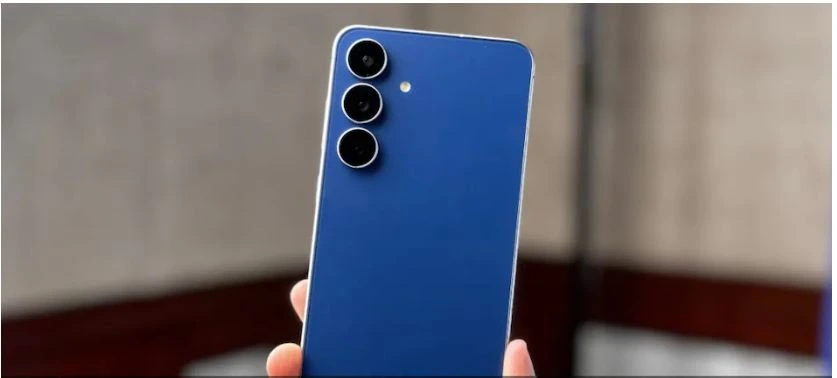[vc_row][vc_column][vc_column_text]Cambridge researchers have developed a new brain training game, which they say improves users’ concentration and could provide an ‘antidote’ to the daily distractions that we face in a busy world.
With the emergence of new technologies requiring rapid responses to emails and texts and working on multiple projects simultaneously, young generation are facing more problems with sustaining attention, according to the study published in the journal Frontiers in Behavioural Neuroscience.
The team demonstrated that playing the game app called ‘Decoder’ on an iPad for eight hours over one month improved attention and concentration.
This form of attention activates a frontal-parietal network in the brain, said the researchers from the Behavioral and Clinical Neuroscience Institute at the University of Cambridge.
“We have all experienced coming home from work feeling that we’ve been busy all day, but unsure what we actually did,” said Professor Barbara Sahakian from the University of Cambridge in the UK.
“Most of us spend our time answering emails, looking at text messages, searching social media, trying to multi-task. But instead of getting a lot done, we sometimes struggle to complete even a single task and fail to achieve our goal for the day,” Sahakian said.
For complex tasks, we need to get in the “flow” and stay focused, she added in the study published in the journal Frontiers in Behavioural Neuroscience.
The researchers divided 75 healthy young adults into three groups: one group received “Decoder”, one control group played Bingo for the same amount of time and a second control group received no game.
Participants in the first two groups were invited to attend eight one-hour sessions over the course of a month during which they played either Decoder or Bingo under supervision.
All 75 participants were tested at the start of the trial and then after four weeks using the CANTAB Rapid Visual Information Processing test (RVP).
CANTAB RVP has been demonstrated in previously published studies to be a highly sensitive test of attention, researchers said.
During the test, participants are asked to detect sequences of digits. A white box appears in the middle of screen, of which digits from 2 to 9 appear in a pseudo-random order, at a rate of 100 digits per minute.
Participants are instructed to press a button every time they detect a sequence. The duration of the test is about five minutes.
Results from the study showed a significant difference in attention as measured by the RVP.
Those who played Decoder were better than those who played Bingo and those who played no game, researchers said.
“The difference in performance was significant and meaningful as it was comparable to those effects seen using stimulants, such as methylphenidate, or nicotine,” said the team.
To ensure that “Decoder” improved focused attention and concentration without impairing the ability to shift attention, the researchers also tested participants’ ability on the “Trail Making Test”.
Decoder performance also improved on this commonly used neuropsychological test of attentional shifting.
“In addition to healthy people, we hope that the game will be beneficial for patients who have impairments in attention, including those with ADHD or traumatic brain injury. We plan to start a study with traumatic brain injury patients this year,” said Professor Sahakian.
The game has now been licensed to app developer Peak.Peak on Monday released the game, as part of the Peak Brain Training app, on Apple App Store for free. The Android version would come later this year.
(Inputs taken from various reports)[/vc_column_text][/vc_column][/vc_row]


 Latest world news15 hours ago
Latest world news15 hours ago
 Latest world news15 hours ago
Latest world news15 hours ago
 India News15 hours ago
India News15 hours ago
 Latest world news14 hours ago
Latest world news14 hours ago
 India News14 hours ago
India News14 hours ago



